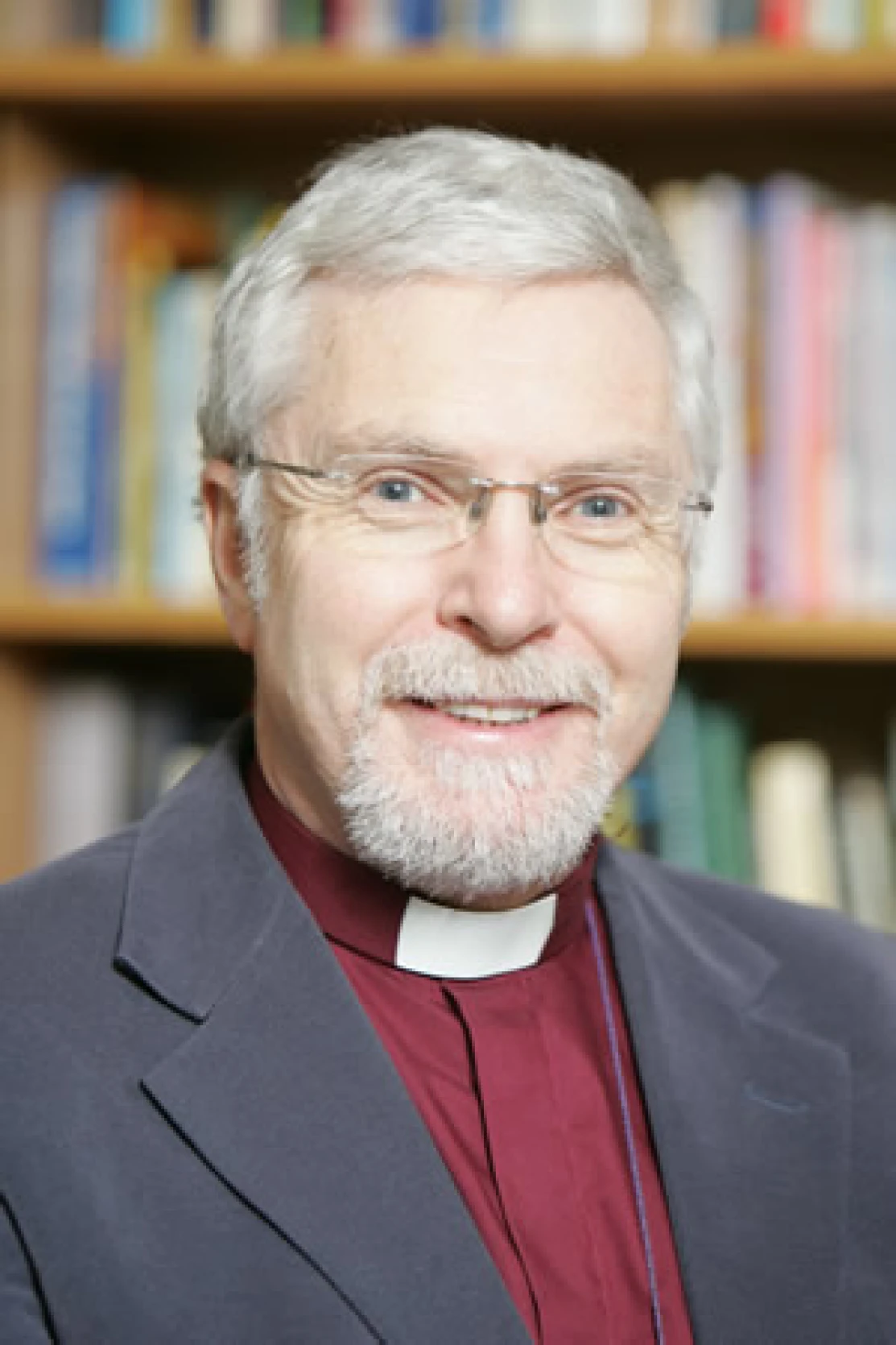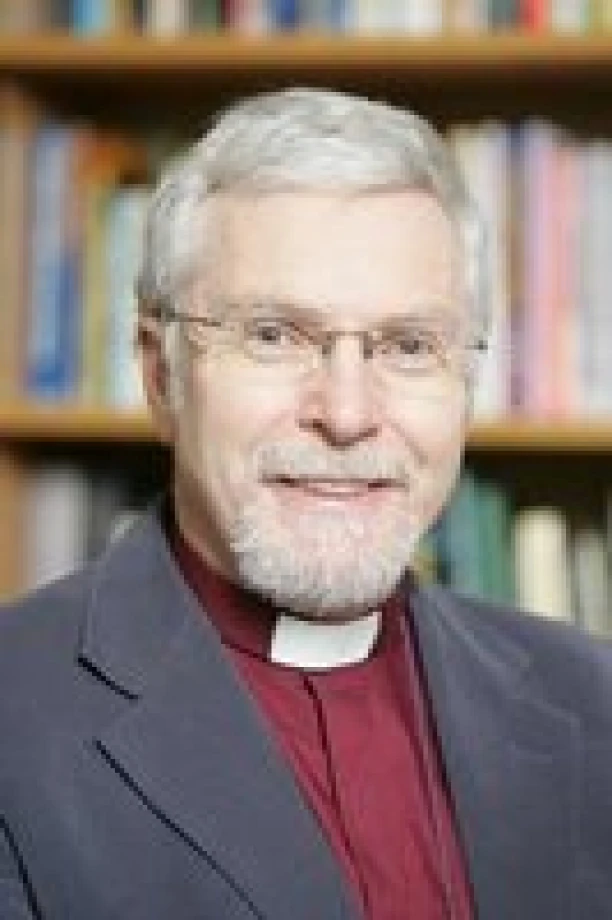Forty years long - Was I grieved?

Bishop Harold Miller explains his view regarding Northern Ireland Protestants' need to examine themselves over the Troubles.
August 2009 marks forty years since what is generally considered to be the beginning of the ‘Troubles'. The events of that month had such a profound impact on me that I remember exactly where I was when I heard the devastating news that Protestants and Catholics were fighting on the streets of my home city of Belfast.
The number ‘40' in the Scriptures represents a long but complete span of time: forty days of flood; forty days of Jesus' fasting and temptation; and, particularly, forty years when the people of Israel wandered in the wilderness. Forty years in the Bible is a generation. The completion of such a period offers new opportunity, a new stage of history, and the possibility of reflection about where a community may have previously gone wrong.
Anglicans know this well because we have, etched in our memories, the words of the Venite (Psalm 95) preparing us to hear the word of the Lord in our worship: "Forty years long was I grieved with this generation, and said: ‘It is a people that do err in their hearts, for they have not known my ways'."
I believe, therefore, that there is good reason, at the ‘forty year mark', for all of us in this province and on this island to examine our hearts about where we may have gone wrong in the past, to admit our failings, and to determine to learn from them and live differently in the future. Surely this is especially true for Christians who seek to live under the rule of God? The Eames-Bradley Report gives some suggestions as to how this might happen, but, sadly, because of the proposed £12,000 ‘recognition payment', the rest of the report has not yet been given the attention it deserves.
The conversation I am seeking to encourage is not so much in relation to personal failings as to communal failings. This has been misunderstood by some who have suffered terribly during the Troubles. I am very aware that many individual people have had their lives devastated by the results of violence, and have truly been ‘more sinned against than sinning', having seen loved ones maimed and murdered. There is no possible justification for any of the terrorism and violence which took place over those years.
That, however, does not stop us examining the corporate failings or even sins of our communities, which provided a seedbed of division and sectarianism in which the Troubles were able to flourish. Sin is not simply an individual enterprise and none of our societies lives out the life of God's Kingdom perfectly this side of heaven. The ‘sin' of the people of Israel in the wilderness was endemic, corporate and communal, as well as individual. ‘Repentance', that glorious saving word which implies a change of mind, can be a godly gift to both individuals and communities which desire to change.
This has, indeed, been happening in Northern Ireland, by the grace of God. We are in a very different place to forty years ago. However, some events emerge, like the murder of Stephen Carroll or the riots in Ardoyne, which could easily inflame residual community fears and insecurities.
When the Troubles started, I recall that, although there had been precursors, there was a sense of being suddenly engulfed by what was lying under the surface. One of the ways to avoid that is to examine ourselves honestly, admit our past failings, and move towards the future.
This is a task which needs to be done in every part of our community. Ihave suggested that we as Protestants need to do this because I am a North Belfast Protestant, and a bishop of a Church of Ireland diocese which is entirely in Northern Ireland. Others may wish to suggest a similar conversation in their communities; that is their call. The kinds of questions which might be asked could include:
Where as a Protestant community did we fail in the past?
Were we simply victims of the Troubles, or did we also contribute to division?
Did our community allow and even, at times, encourage negative attitudes towards the ‘other' community?
How can we express our sorrow for any wrongdoing on our part?
Can we agree concretely about at least some of our failings - even spell them out - so that we do not repeat the same mistakes in the future?
Such a process of examination is never easy and is difficult to do unilaterally, because we feel we might expose our weaknesses without requiring others to expose theirs.
However, it is, I believe, the way of the Lord. It is the corporate people of God who are being spoken to, when the Lord says to Solomon: "If my people
... humble themselves and pray
and seek my face, and turn from their
wicked ways, then I will hear from
heaven, forgive their sins and heal
their land."
It is a tough call for any of us to choose to be humbled, but it is in daring to humble ourselves that we will find a healed land, able to move forward into a new generation of peace.
This article first appeared in the Church of Ireland Gazette 31st July 2009
